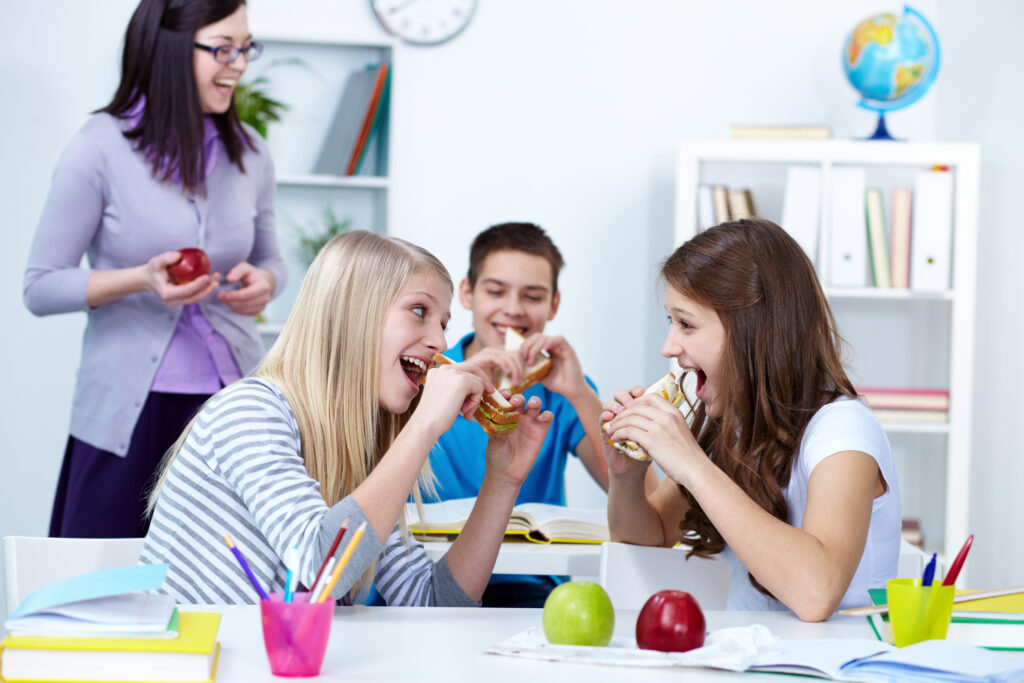Finding joy in learning is not just an ideal; it’s a practical approach that can lead to better educational outcomes and a more fulfilling educational experience. Whether you’re a student struggling to stay motivated, an educator seeking effective teaching strategies, or simply a lifelong learner, embracing fun in the learning process is crucial. We’ve often heard that joy and play can vastly improve the way we learn, and recent studies continue to support this idea. In this article, we’ll explore the positive impacts of enjoyable learning and provide insights on how to integrate fun into education effectively. Keep reading to discover how to make learning an invigorating and joyful journey.
Incorporating Play to Enhance Educational Outcomes
Innovative educators worldwide are incorporating play into their curricula to boost learning outcomes for students of all ages. Techniques like gamifying learning materials and fostering playful classroom interactions help create a safe space for students to experiment with concepts and learn from mistakes. For instance, an online game such as Fire Stampede not only entertains but also encourages strategic thinking and quick decision-making.
Balancing play with traditional learning methods can create a dynamic educational experience that caters to various learning styles. While playful competition can enhance motivation, it’s important to keep the focus on learning rather than winning. Collaborative games that emphasize teamwork and communication can further enrich the learning process, making education both effective and engaging.
Strategies for Making Learning Fun at Any Age
Making learning fun is a universal strategy that can be tailored to all ages. For children, incorporating songs, stories, and hands-on activities can make learning more engaging. For teenagers and adults, real-world applications, interactive discussions, and technology-integrated projects can make learning more engaging. Teachers can personalize their approach by tapping into learners’ interests and passions, creating a connection between the material and their lives.
Offering choices in learning and fostering a positive classroom culture where mistakes are seen as part of the learning process can maintain a supportive environment. Technology offers numerous resources to make learning more enjoyable, appealing to digital natives and enhancing the overall learning experience.
The Psychological Benefits of Enjoyable Learning Experiences
The human brain responds well to enjoyable learning experiences, leading to deeper engagement and better memory retention. When students find joy in their studies, dopamine is released, boosting mood and enhancing cognitive functions like attention. This positive environment also reduces stress, making it easier for students to absorb new information and approach challenges with a growth mindset.
For young learners, integrating fun into education sparks intrinsic motivation, setting the stage for a lifelong love of learning. When people of any age associate learning with positive emotions, they are more likely to pursue further education, such as a BA in communications, with enthusiasm and confidence.
The Role of Positive Emotions in Memory and Retention
Emotions significantly influence our memory and processing of information, with positive emotions enhancing our ability to remember details. Enjoyable learning experiences with positive emotions are more likely to be encoded into long-term memory, making learning more memorable. This connection between emotions and memory is a compelling argument for incorporating fun into education.
Students remembering enjoyable experiences relive the emotions associated with the facts, making the information more memorable. These pleasant emotions act as anchors, solidifying learning in the mind. Reflecting on pleasant educational experiences encourages anticipation of new learning opportunities, promoting continuous learning outside traditional settings. Positive emotions also affect attention, narrowing focus and making us less susceptible to distractions, especially in environments with potential interruptions.
Balancing Educational Rigor with the Joy of Discovery
The debate between academic rigor and fostering discovery in education is ongoing. However, rigor should not conflict with the joy of discovery. Rigorous curricula can be designed with elements of fun and discovery, such as project-based learning, which allows students to explore complex subjects while focusing on genuine intellectual inquiry. The joy of discovery can also encourage deeper engagement with challenging material, leading to persistence and mastery in any field.
Achieving the right balance requires a shift in mindset, valuing positive, engaging, and fun experiences as essential for effective learning. Teachers, parents, and educational institutions must work together to ensure academic performance doesn’t overshadow the innate joy of learning and discovery.
Overall, the incorporation of fun into the learning process is a powerful tool that can transform the educational experience and lead to better outcomes for learners. By understanding the psychological benefits, adopting playful strategies, and balancing rigor with discovery, we can create an environment where learning is not just a duty but a delightful adventure. This approach cultivates not only knowledgeable individuals but also passionate learners who carry the flame of curiosity throughout their lives.



